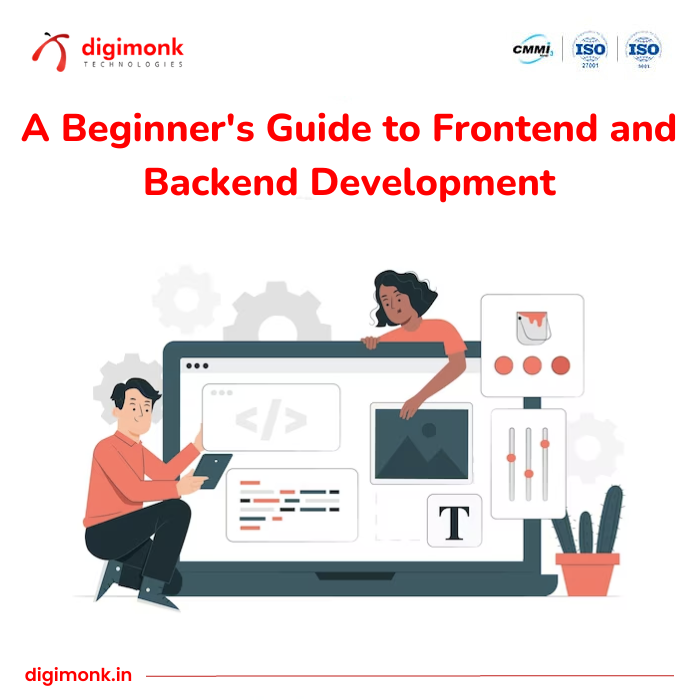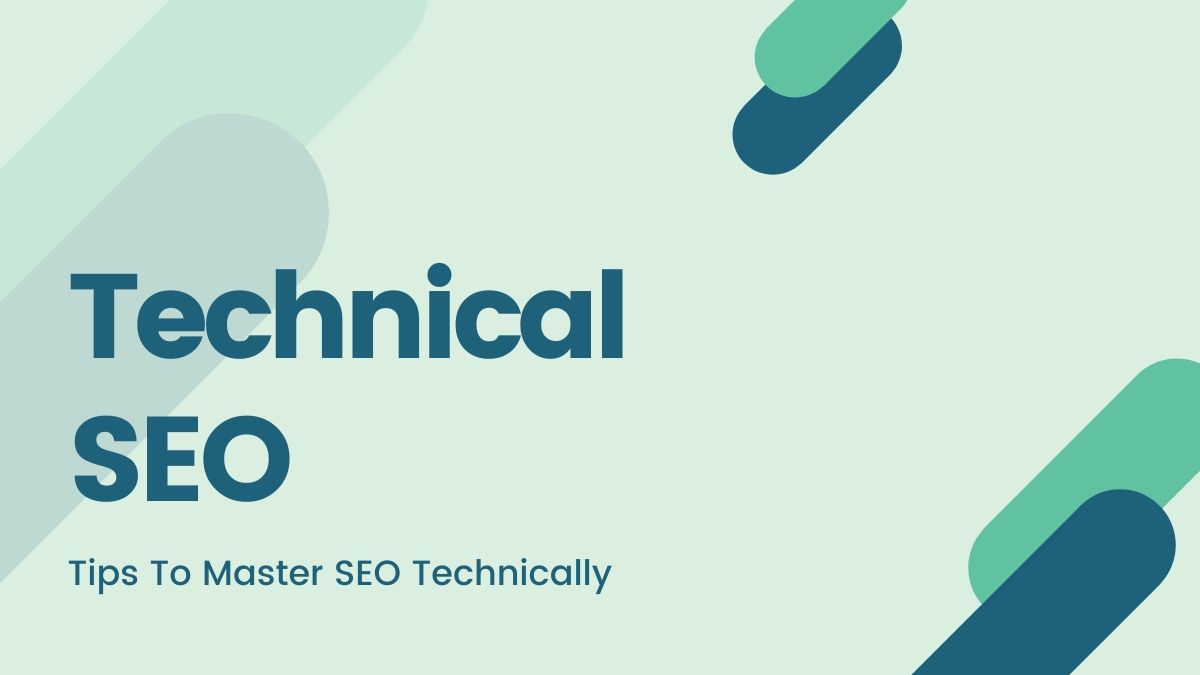10 August, 2023

Are You Looking For a
Web Devlopement | App Devlopement

Fast Loading Website Can Help Business To Grow Rapidly
Do you believe that optimising your website for speed isn't important?
Reconsider your position. The following results from a one-second delay in page load time:
- Page views are down 11%.
- Customer satisfaction has dropped by 16%.
- Conversions dropped by 7%.
The ability to engage visitors and generate sales may be harmed if your site takes a few additional seconds to load.

How website speed optimization affects conversions
Conversions are killed by slow websites.In fact, 47 percent of consumers anticipate websites to load in less than two seconds. And 40% will abandon a page that takes three seconds or longer to load.If your website takes more than three seconds to load, you will lose over half of your visitors before they even arrive.

Yes, you read that correctly.
That alone is a huge setback for your potential conversions. And for those who do decide to stay, your slow load times may deter them from returning in the future. According to one survey, 79 percent of customers would not return to a site with poor performance.
What Is the Relationship Between Speed and Sales?
Customers are highly selective when it comes to their online experiences these days:
Google has long understood this, and as a result, it is constantly building a ranking algorithm that ranks websites not just on their relevancy to a certain search query, but also on the customer experience they deliver. The client experience is influenced by speed:
Customers expect a website to load in under 2 seconds, and 40% will bounce (abandon) if it takes more than 4 seconds. These two figures alone show that without a quick website, you may be losing a considerable amount of buyers before they ever visit your site and see your items.

How To Test Your Website’s Speed
One of the primary challenges that prevents organisations from correctly measuring speed is that their websites are cached, making it appear much quicker to returning consumers.Google PageSpeed Insights is one alternative. This easy tool simply takes your website's URL (address) and will give you a score out of 100 based on how well it works on desktop and mobile. The higher the score, the better your website's performance. Google also provides optimised pictures and codes that can help your website load faster; however, make a backup before installing them as there is no assurance that they will function with your site's infrastructure.
Google, on the other hand, does not offer you with the load time. You'll need to go to GTMetrix or Pingdom for this. Both provide free tools that will tell you how fast your site is and how it compares to others on the market. Because the results might vary, it's preferable to utilise both of these tools and take the average.

These services also provide a full report on how to increase the performance of your website. Pingdom also has a subscription service that allows you to monitor your website every day in order to identify patterns in its performance.
How long should it take for a page to load?
It's a good idea to set a target for where you want your site's speed to be before you start working on it.If you don't know what an acceptable page speed is, this can be challenging.The optimum practise, according to Google, is three seconds. Unfortunately, most sites aren't even close, according to the conclusions of its recent benchmark analysis. The average time it takes for a mobile landing page to fully load is 22 seconds, but if a mobile site takes more than three seconds to load, 53 percent of visitors would quit it.Furthermore, as the time it takes for a website to load climbs from one to 10 seconds, the likelihood of a mobile visitor bouncing increases by 123 percent. This means that site owners in general have a lot of work ahead of them in order to bring their sites up to Google's standards.On the plus side, it means that if you put in the effort to get your site's performance up to par, you'll be far ahead of the competition in terms of user experience.You may use Google's recommendations and benchmarks to create objectives and track your progress as you develop your site. After all, being the world's greatest search engine, Google may have a significant influence on your success. As a result, adopting their standards as your own is never a terrible idea.

Final Words
The speed of your site is still a significant component in increasing conversions:
Customers want your website to load quickly, whether they're using a mobile device or a desktop computer. A sluggish website might result in a major drop in revenues and jeopardise your company's ability to grow and expand. Testing your website using Google, Pingdom, and GT Metrix and following their recommendations will help you improve the performance of your site and increase your sales.
What is the speed of your website? What can you do to make things better?
Make a move:
- Check the speed of your website during both low and high traffic periods.
- Look for methods to increase the speed of your website.
- Make it a weekly habit to test the speed of your website.
Follow us - www.instagram.com/teamdigimonk







